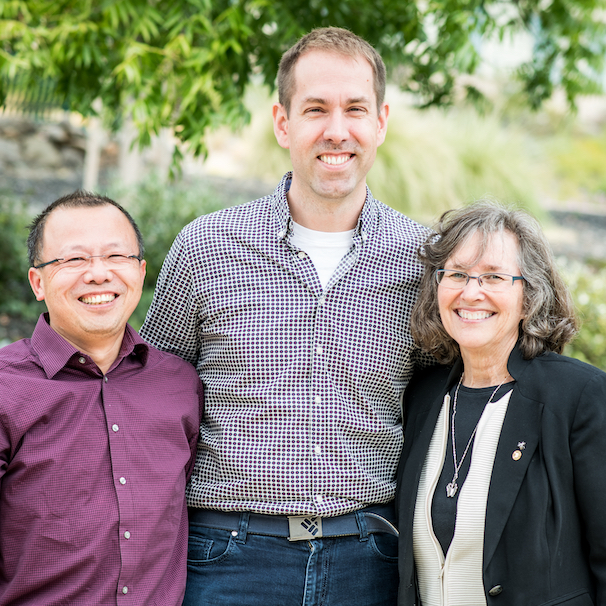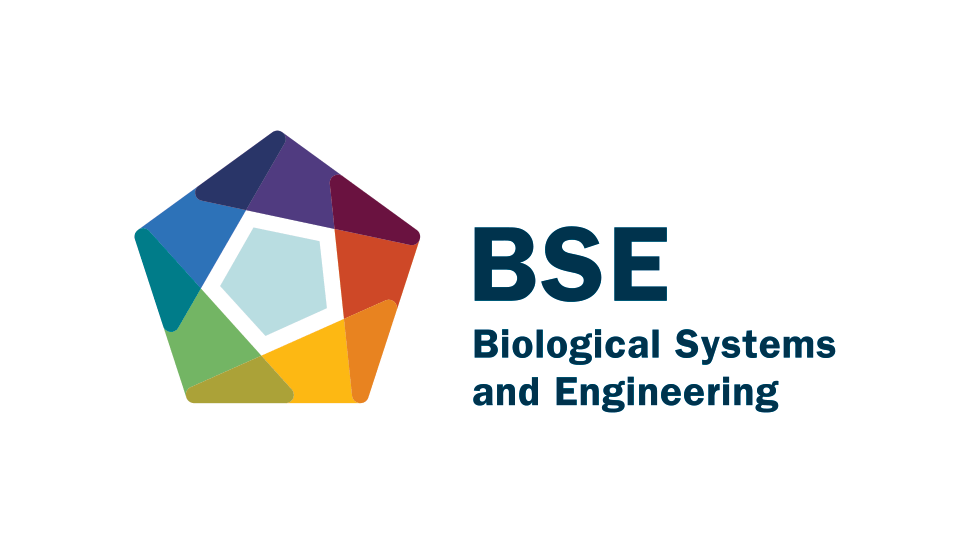
some more text
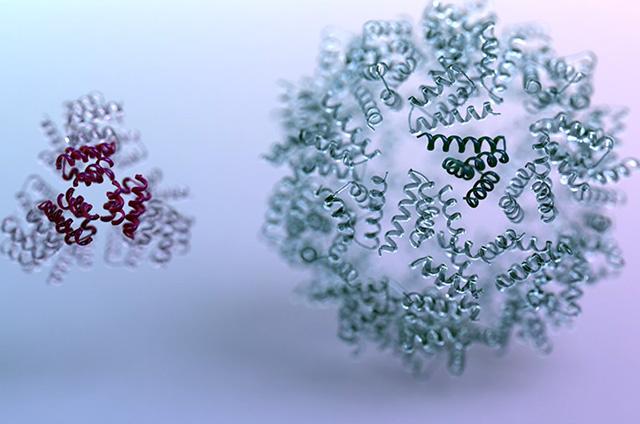
some more text
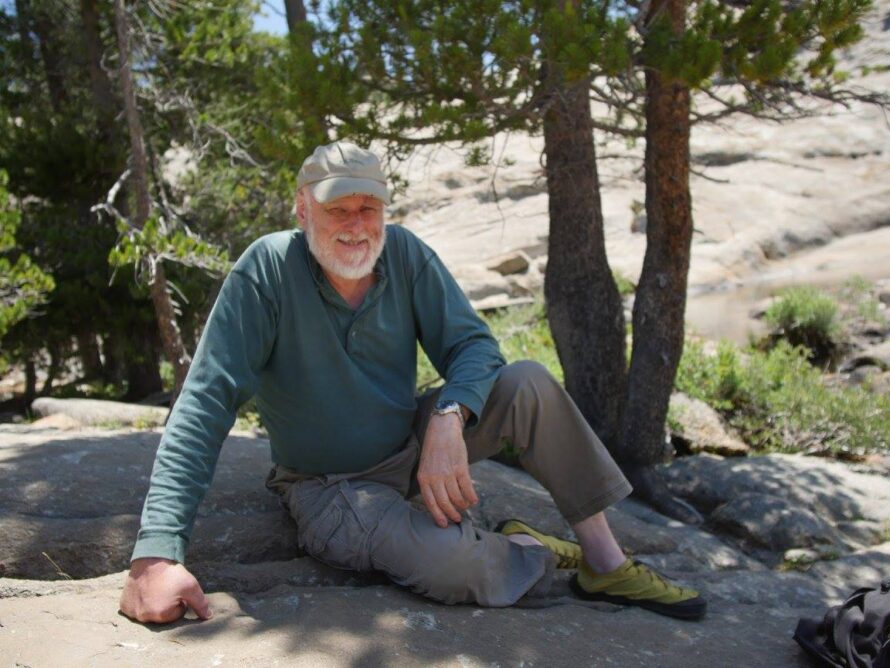
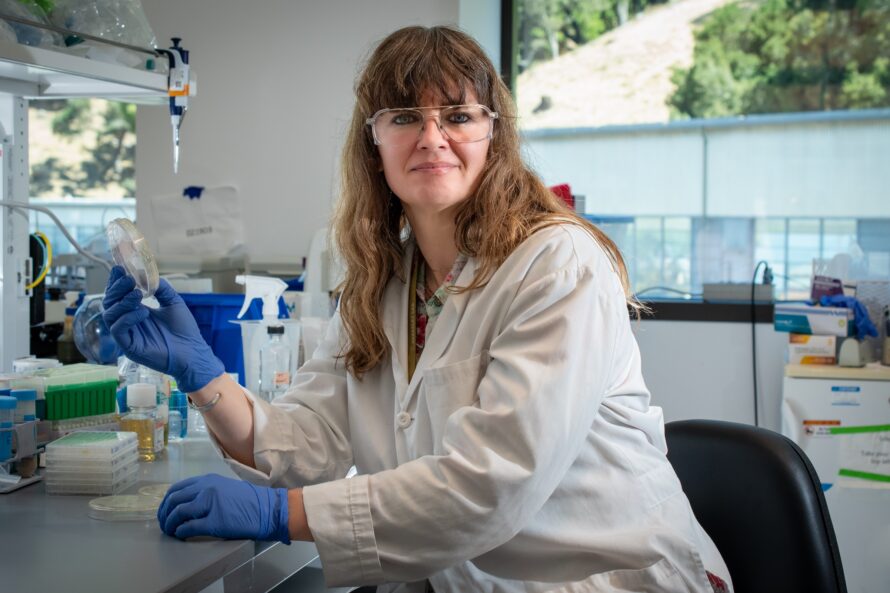
-
Turning the Switch on Biofuels
Imidazolium ionic liquid (IIL) solvents are one of the best sources for extracting sugars from plants. But the sugars from IIL-treated biomass are inevitably contaminated with residual IILs that inhibit growth in bacteria and yeast, blocking biochemical production by these organisms. Lawrence Livermore National Laboratory (LLNL) scientists and collaborators at the Joint BioEnergy Institute (JBEI) have identified a molecular mechanism in bacteria that can be manipulated to promote IIL tolerance, and therefore overcome a key gap in biofuel and biochemical production processes. The research appears in the Journal of Bacteriology. Read more in the JBEI website.
Read the article -
X-ray Footprinting Reveals Molecular Basis of Orange Carotenoid Protein Photoprotection
Researchers at Berkeley Lab and Michigan State University (MSU), led by Corie Ralston and Cheryl Kerfeld, performed X-ray footprinting mass spectrometry (XFMS) experiments at the Advanced Light Source (ALS) beamline 5.3.1, which revealed new mechanistic details of the key events in orange carotenoid protein (OCP) photoprotection. XFMS is ideally suited to probing conformational dynamics at the single residue level, providing both a spatial and temporal view of site-specific changes in the OCP and its interaction with the fluorescence recovery protein (FRP). The experiments showed that FRP provides an extended binding region that holds the OCP together and forces proximity of…
Read the article -
New Round of Funding for Thirdhand Smoke Research
Berkeley Lab thirdhand smoke researchers have been awarded a new three-year grant totaling $904,744. The funding from the Tobacco-Related Disease Research Program (TRDRP) will support translational studies aimed at mitigating health impacts of exposure to thirdhand smoke (THS)—the toxic residues from tobacco smoke that linger on indoor surfaces and in dust long after a cigarette has been extinguished. From the Biosciences Area, Biological Systems and Engineering (BSE) Division staff scientist Bo Hang will serve as principal investigator on the studies, with senior scientist Jian-Hua Mao and staff scientist Antoine Snijders, also of BSE, as co-investigators. Collaborators on the project include…
Read the article -
Claire Tomlin Elected to American Academy of Arts and Sciences
Claire Tomlin, a biological faculty engineer in the Biological Systems and Engineering (BSE) Division, has been elected to the American Academy of Arts and Sciences. The prestigious 239-year old honorary society recognizes accomplished scholars, scientists, and artists in academia, the humanities, arts, business, and government. Tomlin’s research, which is currently conducted primarily at UC Berkeley, where she is a professor of electrical engineering and computer sciences, explores complex systems that have discrete event dynamics as well as continuous time dynamics. Her group studies many topics and problems that can be modeled by hybrid systems as well as more general robotics,…
Read the article -
KDM5 Deficiency Alters Gut Microbiome, Social Behavior in Flies
Genome-wide association (GWAS) and familial studies have found mutations that disrupt the function of KDM5 proteins in patients with autism spectrum disorders and related intellectual disabilities. Biological Systems and Engineering (BSE) Division researchers Jian-Hua Mao, Antoine Snijders, and Susan Celniker, in collaboration with a team of scientists led by Xingyin Liu at Nanjing Medical University (NMU) in China, used genetic tools in Drosophila to delineate how KDM5 contributes to autism and intellectual disability.
Read the article



